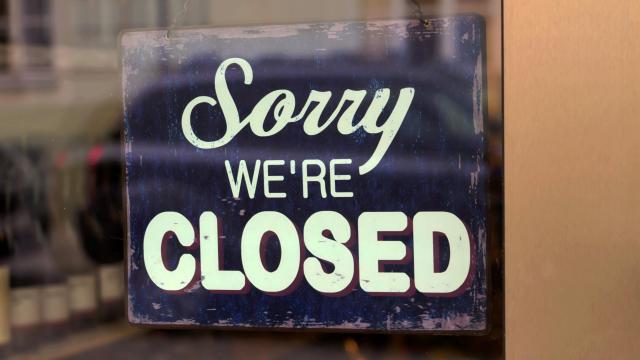It’s hard to get a straight answer as to whether or not we’re currently in a recession. From crashing stock markets to spiking consumer prices, it’s safe to say the economy is struggling.
Here’s what you need to know about the differences between an economic recession and a depression.
A recession is a short-lived economic downturn
A recession is a significant decline in economic activity, e.g. blows to production, employment, and household spending. While recessions can be short-lived and localised slumps, they can be as severe as the Great Recession of the late 2000s, which is considered the most significant downturn since the Great Depression.
However, the economic crisis of the late 2000s is near universally referred to as a “recession” over a “depression.” Below is what it takes for a recession to be considered a depression.
A depression causes serious changes to the economy
Compared to a recession, a depression is dramatically more harmful to the economy. Its effects are more severe, characterised by a plummeting GDP, widespread unemployment, and global reach.
A depression is longer and worse than a recession. Recessions last for months and are more localised, while a depression can last for years and have worldwide consequences. As both Money.com and Merriam-Webster point out, the old saying goes “a recession is when your neighbour loses his job; a depression is when you lose your job.”
Since they’re shorter and less severe, recessions are much more common than depressions. Likewise, depressions are usually a result of a prolonged recession. For instance, according to the National Bureau of Economic Analysis, the Great Depression was a combination of two recessions.
What causes an economic downturn?
When consumers and businesses alike lose confidence in the economy, the decrease in activity can spiral into a recession. The pandemic is a prime example of why people might suddenly lose confidence in the economy. Here are some other signs that the economy is struggling — do with them what you will:
- High interest rates
- Unemployment
- Loan defaults
- Bankruptcies
- A stock market crash
- Falling housing prices and sales
- Deregulation
- Credit crunches
- Asset bubbles burst
- Deflation
Although no town-crier has declared a recession as of yet, it never hurts to take precautions like creating a rainy day fund and tackling high-interest debt. Here are more of our tips to prepare for an economic downturn.

Leave a Reply
You must be logged in to post a comment.